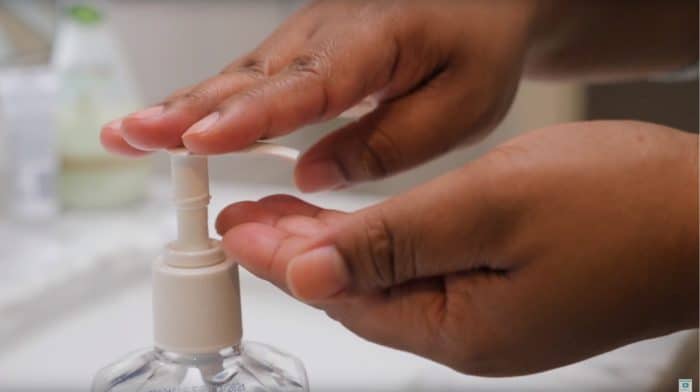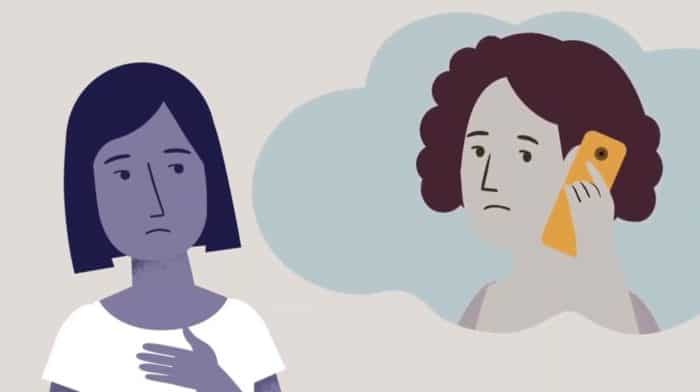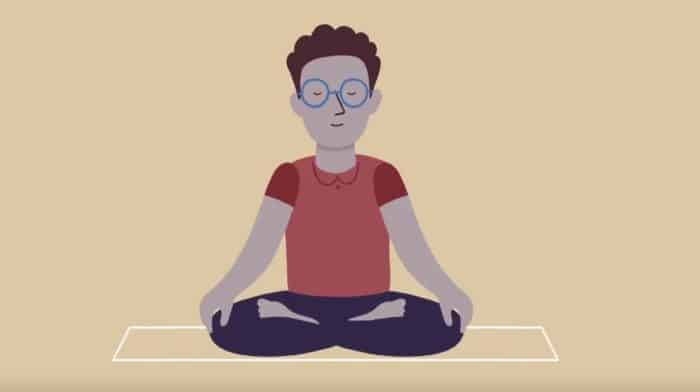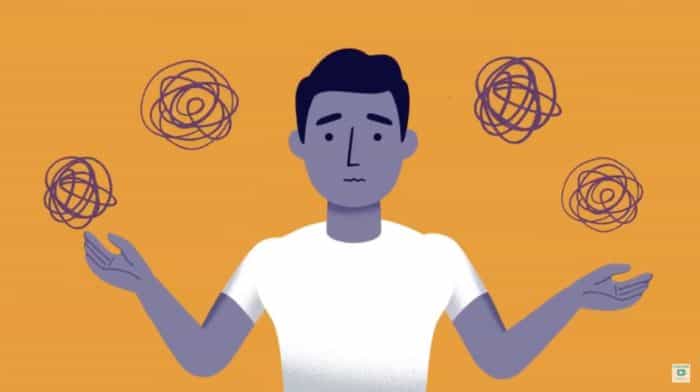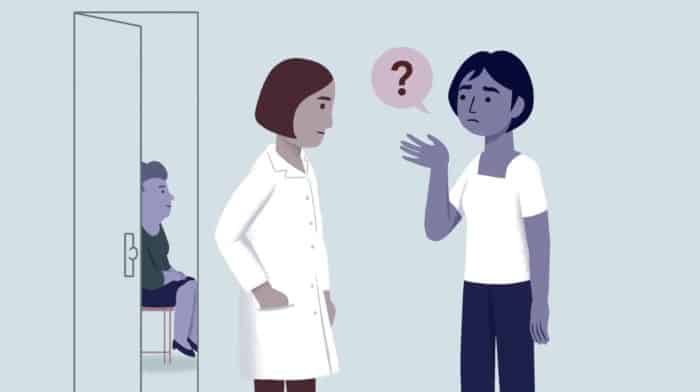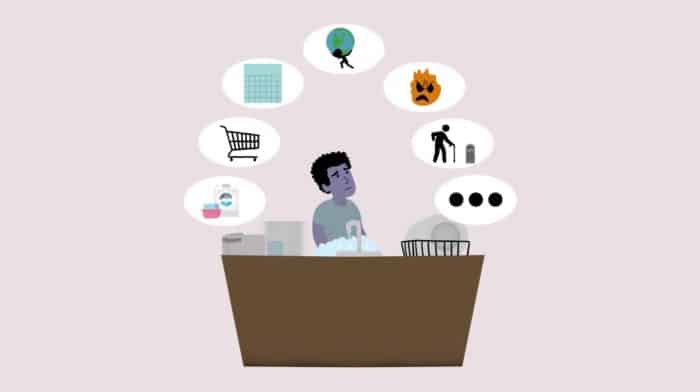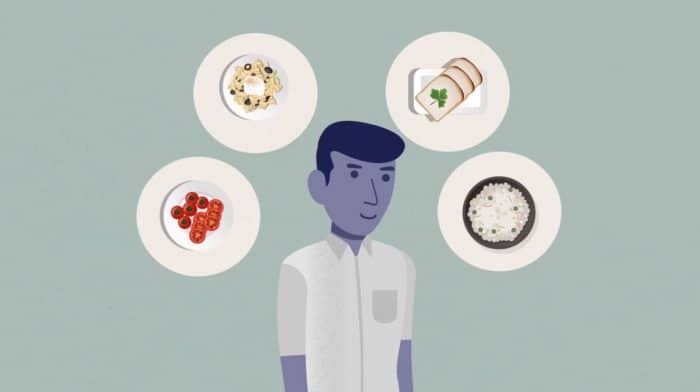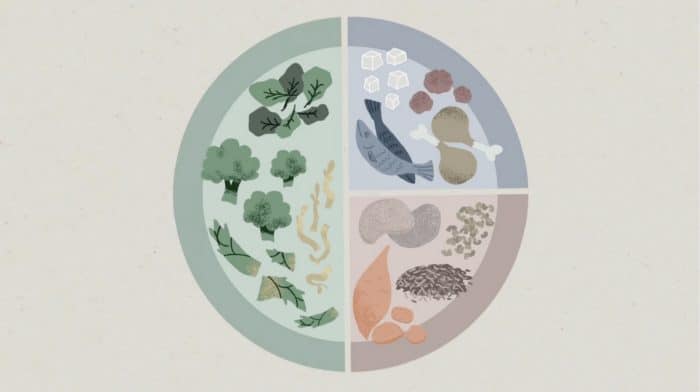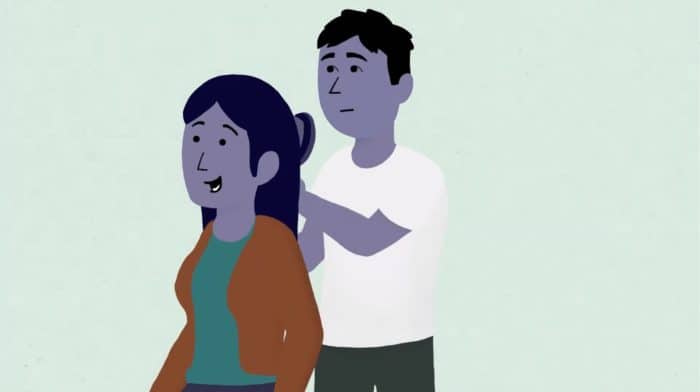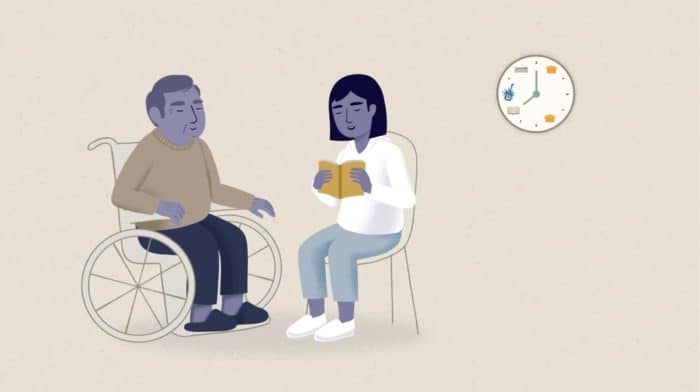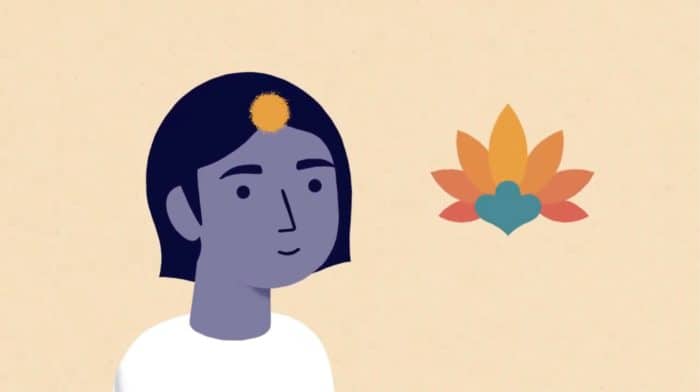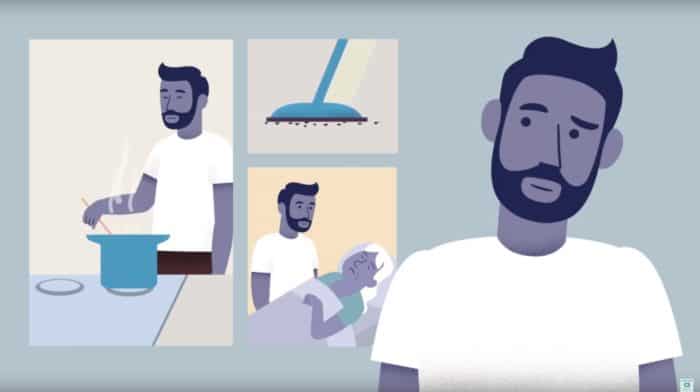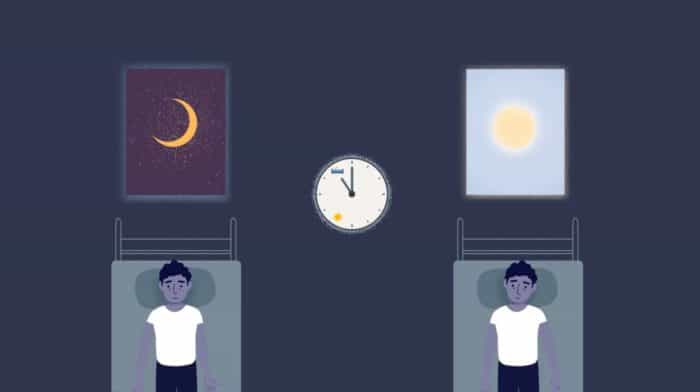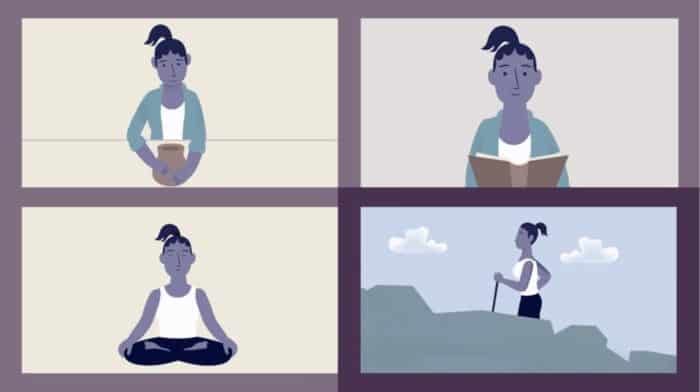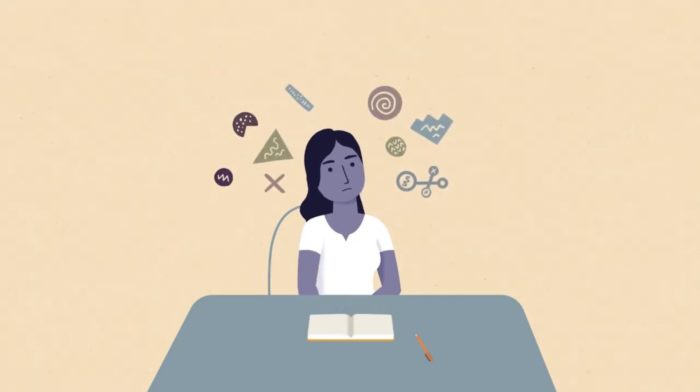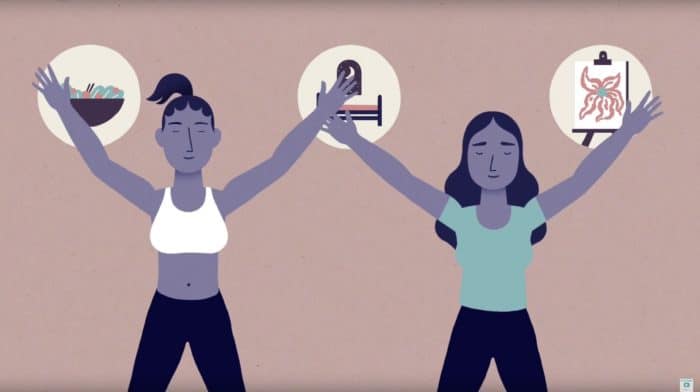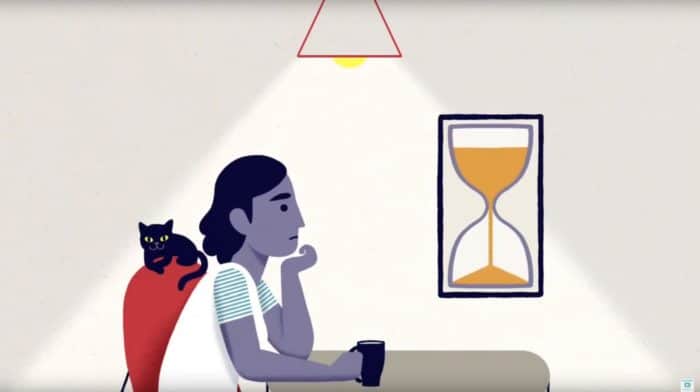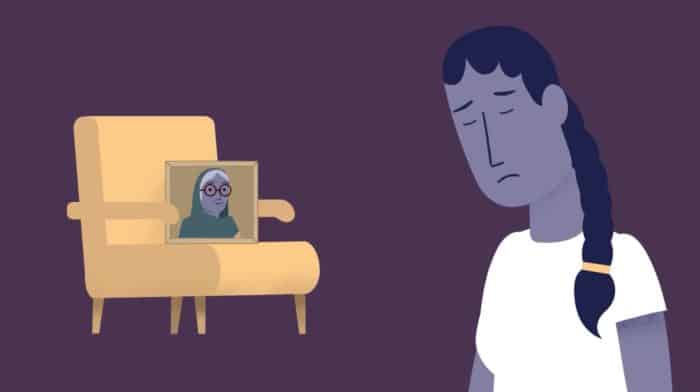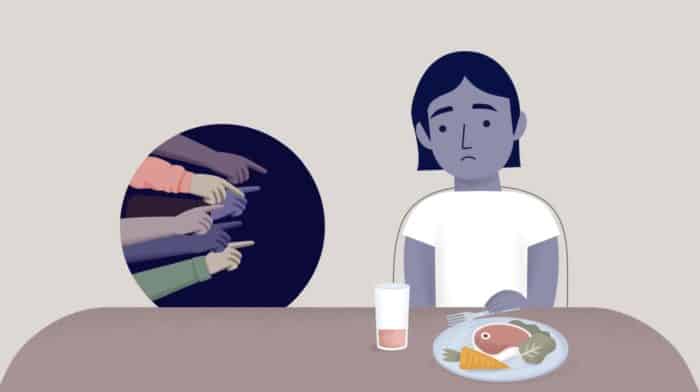Resource Library
Search:
Grieving Strategies
Grief is a natural response to losing someone. Understand that you can and will adapt to this loss and survive. Humans are resilient and can cope and adapt.
Overcoming Worry Exercise
Did you know? Worry is not good for the body — caregivers are 5x more likely to get sick than non-caregivers. Worrying about something beyond your control causes unnecessary stress to you and makes it harder to cope.
Self-Isolation for Caregivers
As a caregiver, you (or the person you are caring for) may be called upon to self-isolate (especially in times of pandemic.) For example, if you travelled outside of Canada or were exposed to a person who was infected.
Good Mental Health Tips
GET OUTSIDE! Get active! When you move and exercise, it releases those “feel good” endorphins into your body. Try running, biking, dancing, or yoga. CONNECT Call up friends to chat, meet someone for coffee or a meal, or reconnect with someone you haven’t seen in a long time. Join some clubs like a book club, or sign up for a gym class. Spend time with the people you love.
Yoga for Diabetes
Yoga can improve strength, flexibility and balance, it can also help maintain your blood sugar level. The two most popular yoga styles that you can explore for diabetes are Vinyasa yoga or Bikram yoga.
How to Wash Your Hands
SOAP & WATER Lather up using soap and water. PALM TO PALM Wash your hands palm to palm. BACKS OF HANDS Wash the backs of your hands. IN BETWEEN FINGERS Wash interlacing your fingers. WRISTS Wash your wrists too. FINGERTIPS Wash your fingertips on the palm of the other hand. THUMBS Wash your thumbs. FINGERNAILS Wash the backs of your fingers with a twisting motion.
When and how to ask for help
Finding a balance between your daily life and your caregiving role can be tricky. Your duties as a caregiver can change from day to day, and it might start to get overwhelming. It’s important to know when and how to ask for help. In this video we’ll give you some tips on how to ask for help, even if you don’t want to do it.
Understanding Alternative Medicine and Therapies
If the person you’re caring for is struggling with symptoms from a chronic condition like diabetes or arthritis, using alternative medicine may help. In this video we’ll explain what this type of medicine is, and explore how it may or may not help you in your caregiving situation.
15 Ways to Reduce Stress
Stress and anxiety are common experiences for most people. Learn 15 ways to reduce stress.
10 Tips to Avoid Burn Out
Follow these 10 Tips to Avoid Caregiver Burnout.
How to Deal with Worry
As a caregiver, you are no stranger to the feeling of worry. It’s tough, especially when it's about something you have no control over or can’t change.
How To Navigate Being A Caregiver in The Workplace
As the Canadian population ages, more and more caregivers are needed each year. Many people who take on the role of the caregiver also have a day job, and balancing both caregiving and work can be a major challenge.
5 Questions To Ask Your Healthcare Providers
As a caregiver, you spend a lot of your time making sure the person you’re caring for gets the support they need. But caregivers need support from health care professionals.
How Positive Thinking Can Improve Caregiving
As a caregiver, you have to be realistic about what can and can’t be controlled. Your attitude can be the biggest barrier to taking care of yourself and doing the best job for your loved one.
How To Protect Yourself From Common Caregiver Injuries
As a caregiver, you’re probably going to have to physically help the person you’re caring for at some point. Protecting yourself from injury is one of the most important things that you can do.
How to Wash Your Hands
Hand washing is the most important thing we can do for ourselves and for the people in our care. Whatever we come into contact with may contain germs and we can become infected without knowing it, simply by touching our eyes, mouth, or nose before washing.
How To Prevent Caregiver Burnout
Caring for someone can certainly be rewarding, but it can also be stressful. Nearly half of all family caregivers say they are “somewhat stressed,” and more than a third are “highly stressed”.
Diet Tips for Low Blood Pressure
There are many causes for low blood pressure, also known as hypotension. It could be certain medications the person you’re caring for is taking, extended bed rest, particular heart conditions, or other reasons. Dietary changes can also help to raise blood pressure. Small changes in diet can make a big impact to the health of the person you’re caring for.
Diet for Diabetes
When the person you are caring for is diagnosed with diabetes, it's natural to have questions about what food to eat. Each person with diabetes is different and there is no single diet that suits everyone.
How To Improve Your Communication Skills
Communicating well is an important part of being a good caregiver. If you and the person you’re caring for don’t communicate your feelings clearly and directly, it can lead to stress and frustration for both of you.
Young caregiver
Taking care of a family member isn’t easy, especially if you’re a young caregiver. It’s a lot of responsibility, and you can start to feel like your life isn’t yours anymore. But caregiving is important, and your help makes a big difference.
What Is Good Mental Health
You might not think it, but your mental health is just as important to your overall wellness as your physical health. In fact, your mental health can have a big impact on how well your body feels. As a caregiver, maintaining your mental health is one of the most important things you can do for yourself.
How To Re-frame Your Thoughts
Reframing is a technique to shift your perspective or point of view on a situation, person or problem. Usually, the shift is from a negative perspective to a more positive one, to one that sees the good in the situation.
Tips For Getting Better Sleep
Finding time to sleep may be one of the biggest challenges of caregiving. Sleep deprivation isn’t just dangerous for you as the caregiver; it also puts the person you are caring for at risk.
How To Use Spirituality To Manage Caregiver Stress
Spirituality is different for everyone. Many people find that having a spiritual or religious practice helps with stress management.
How To Start Journaling
Studies have shown that journaling improves self-awareness and can give you the perspective that may be beneficial in relieving some of your day-to-day Caregiver stresses.
How To Create a Support Network
Caregiving can be emotionally and physically demanding (and exhausting). Establishing a caregiver support network can help to set you up for success as a caregiver.
Caring for Anxiety
Anxiety is a normal response to a threatening situation and can positively motivate us. However, it becomes a problem when it interferes with normal functions, causes physical symptoms and becomes intolerable to the person.
Creating Time for Yourself
The emotional and physical demands involved with caregiving can strain even the most resilient person. As a caregiver, if you don't take care of yourself, you won't be able to care for anyone else.
How To Deal with Loss and Grief
Grief is a natural response to loss, coping with the loss of someone or something you love is one of life’s biggest challenges. Often, the pain of loss can feel overwhelming.
1 Minute Stress Exercise
During moments of stress, have you ever said to yourself or others, “I just need some breathing space," or "I need a minute?”
How To Deal with Caregiver Guilt
As a caregiver, feeling guilty is very common. You’re not alone. You may feel guilty because you took some time for yourself recently or feel that you’re not being a good enough caregiver.







